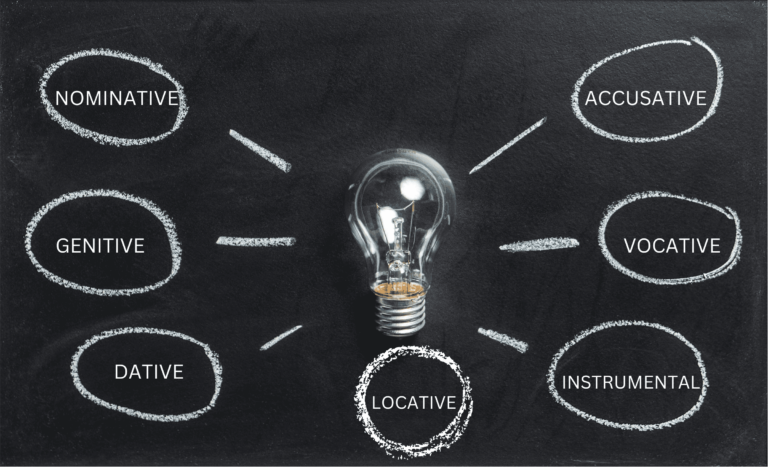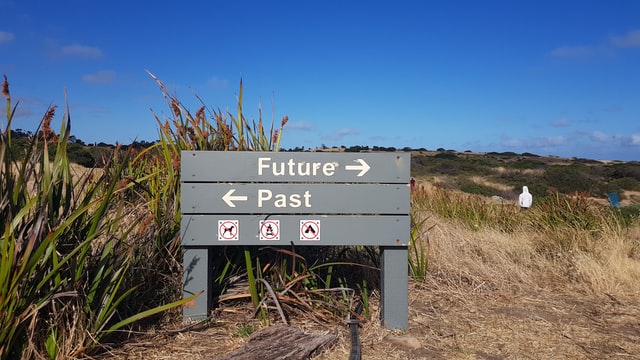Written by: Olivera Tolimir
Learning to say thank you is one of the first phrases taught in any language. If you’ve ever even learned Serbian (even for a day), you know our basic form for expressing gratefulness: hvala.
You can use the word hvala in formal and informal situations. It simply means thank you, and it’s always appropriate. There are tiny variations, such as hvala ti (informal situations) and hvala Vam (formal), that you’re probably aware of.
But now you wonder if there are ways to vary the terms. Are there ways to make hvala more formal, intimate, or funny? Of course, there are!
Keep reading to learn eight new ways to say thank you in Serbian!
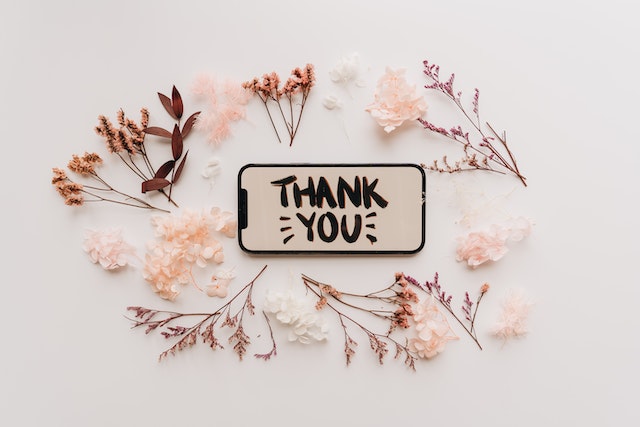
Hvala puno! / Hvala mnogo!
We’ll start simple. The easiest way to make your thank you in Serbian less plain is to add words such as puno or mnogo. They mean a lot. So, it’s your basic thanks a lot / thank you so much.
Dugujem ti (uslugu)!
The phrase translates as I owe you (a favor). We use it in the same situation as in English: when someone does us a favor, so we feel the need to reciprocate. You’ll usually hear it in informal settings, especially when the gesture means a lot to the receiver. For example, you’re preparing for your slava and realize there won’t be enough time to do everything you planned. So, a friend hops over with a pot full of sarma. It’s a perfect opportunity to exclaim, Dugujem ti!
Dođem ti pivo!
Very informal Serbian for thank you is dođem ti pivo. It means I owe you a beer. You maybe notice that the verb dođem is the present tense of the verb doći, which means to come. In slang, we use this word instead of the verb dugovati (from the previous paragraph).
Of course, you don’t have to owe someone a beer. You can buy coffee or pay for lunch to express thankfulness for the help. But this phrase is usually used by men when talking to their male friends. And stereotypically, men like beer, so this is the standard version. So, if you help your buddy move by carrying his couch, they might say, Dođem ti pivo!
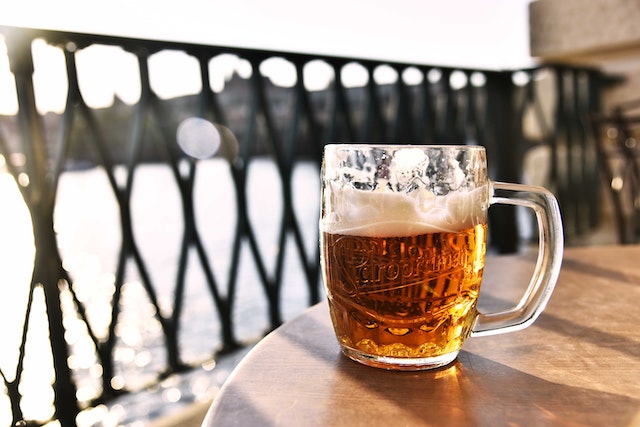
Ne znam šta bih bez tebe!
The most emotional way to say thank you in Serbian is ne znam šta bih bez tebe. It means I don’t know what I would do without you. We use it with people that mean a lot to us. We use it to express gratitude and love to the person. We usually don’t say this when a new friend helps us for the first time. It’s reserved for those who consistently show up.
You can use this phrase when your friend helps you move or brings you sarma before your important event. But we usually use it to thank for emotional support.
If your friend’s significant other left them, so you went to their place with a pack of tissues, ice cream, and an ear ready to listen (and mouth eager to repeat they weren’t worth your perfect friend anyway), you might hear this one! Cherish it!
Srce si!
Divan si! / Divna si!
These two phrases for saying thank you in Serbian are similar. In the first one, there’s the word, heart, so the English equivalent would be You’re a sweetheart.
The second one translates as You’re wonderful. There are two variations because we use the first when talking with a man and the second when talking with a woman.
We use them in informal situations, with close people. The phrases show a bond we share. We wouldn’t use them with acquaintances, even in informal settings.
Veoma ste velikodušni!
Serbian for thank you has its formal variations, too. The phrase Veoma ste velikodušni means You’re very generous. You can notice it’s in the second person plural. It shows the level of formality (unless you’re talking to more than one person).
This phrase is used when someone donates or offers expertise without financial compensation. You can commonly hear it at charities.
It’s a beautiful way to acknowledge someone’s generosity and selflessness.
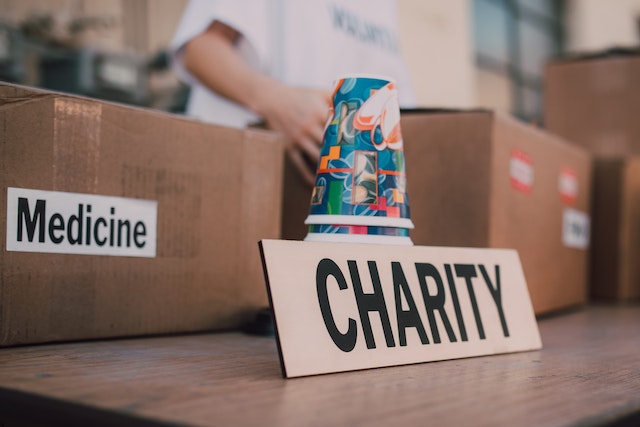
Mnogo mi (to) znači. / Stvarno mi (to) znači.
The phrases are synonymous and mean It means a lot to me. By saying these, you emphasize how much the other person’s gesture means to you.
So, you’re not directly complimenting the other person, but it’s implied. If they haven’t done a particular thing, it would be much harder (or impossible) for you to do what you had to.
For example, imagine you’re studying for a crucial exam. Now imagine your roommate informing you they’ll be crashing at a friend’s house for a few days because they know how important it is for you to study without distractions.
In this scenario, the phrase stvarno mi to znači would be perfect!
Speechless Ways of Saying Thank You in Serbian
Like in any other language, there are ways to express gratitude that doesn’t include language knowledge. Serbian for thank you without words is – a hug.
If your friend did something nice for you and you’re so grateful you don’t know what to say, hug them. They’ll get the point!
In a work environment, it’s a firm handshake. Although, in a work setting, it’s better to add a formal hvala Vam and then do the handshake.

Bonus: Learn to Say You’re Welcome in Serbian
All right, now you know all the ways to say thank you in Serbian. But what about the good, old you’re welcome?
Here are some examples:
- Nema na čemu! (You’re welcome!)
- Ništa! / Nije to ništa! (It’s nothing!)
- Molim! (You’re welcome!)
- Sve za tebe! (Anything for you!)
- Uvek ću biti tu za tebe! (I’ll always be there for you!)
An interesting note based on personal experience: although molim is a perfectly fine and formal way to say you’re welcome, some people perceive it as slightly more negative than nema na čemu or ništa.
Why is that?
Because in the latter two expressions, we emphasize that there’s nothing to even be thankful for. But when we say molim, it could be perceived as acknowledging we did something nice for the other person and they should be thankful. Bear in mind that this isn’t a language rule, just an observation made by speaking to several native speakers!
If you’d like to ensure you’re always polite in Serbian, choose one of our awesome Serbian teachers and book your first Serbian private lesson today!


